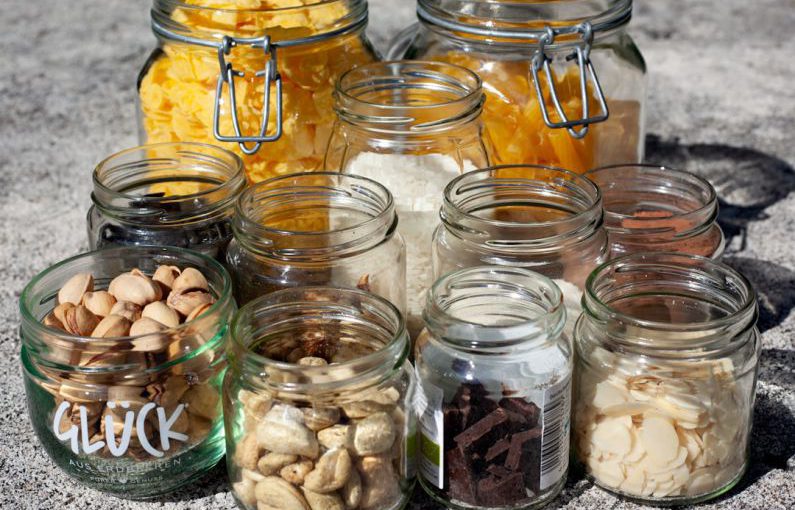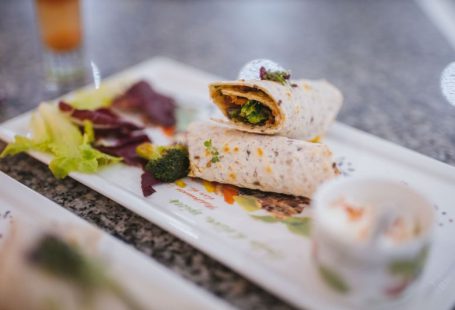In a world where environmental sustainability is becoming increasingly important, finding ways to reduce waste has become a top priority for many individuals. One area where waste reduction can have a significant impact is in the kitchen. Zero waste cooking is a concept that focuses on minimizing food waste and packaging waste while maximizing the use of all parts of the ingredients. This approach not only benefits the environment but also encourages creativity in the kitchen and can lead to cost savings. Let’s explore how zero waste cooking can transform your kitchen into a more sustainable space.
Embracing Whole Ingredients
One of the key principles of zero waste cooking is using whole ingredients to their fullest potential. This means incorporating parts of ingredients that are often discarded, such as vegetable peels, stems, and tops. By using these often overlooked parts in stocks, soups, or sauces, you can extract maximum flavor and nutrition while reducing waste. For example, carrot tops can be used to make pesto, and citrus peels can be infused into vinegar for a flavorful dressing. Embracing whole ingredients not only reduces waste but also adds depth and complexity to your dishes.
Creative Meal Planning
Zero waste cooking also involves strategic meal planning to minimize food waste. By planning meals based on what you already have in your kitchen, you can avoid buying unnecessary ingredients that may end up going to waste. Additionally, incorporating leftovers into future meals can help reduce food waste and save time and money. For example, leftover roasted vegetables can be added to a frittata or turned into a hearty soup. Creative meal planning not only reduces waste but also encourages resourcefulness and improvisation in the kitchen.
Preserving and Fermenting
Preserving and fermenting are essential techniques in zero waste cooking that help extend the shelf life of ingredients and reduce food waste. By pickling vegetables, making jams, or fermenting foods like kimchi or sauerkraut, you can preserve seasonal produce and enjoy them long after their peak freshness. These preservation methods not only reduce waste but also add depth and complexity to your dishes. Additionally, fermenting foods can enhance their nutritional value and promote gut health.
Minimal Packaging
Another important aspect of zero waste cooking is minimizing packaging waste. By shopping at bulk stores and farmers’ markets, you can reduce the amount of packaging that comes into your kitchen. Bringing your own reusable bags and containers when shopping for groceries can further reduce waste and eliminate the need for single-use plastic bags. Additionally, investing in reusable storage containers can help keep ingredients fresh and organized without the need for disposable plastic wrap or bags. Minimizing packaging waste not only benefits the environment but also promotes a more sustainable approach to shopping and cooking.
Community and Sharing
Zero waste cooking is not only about individual actions but also about building a community around sustainable practices. Sharing excess produce with neighbors or participating in community food swaps can help reduce food waste and foster a sense of community spirit. By sharing resources and knowledge, you can learn new ways to minimize waste and inspire others to adopt sustainable cooking practices. Community and sharing are integral aspects of zero waste cooking that can amplify its impact and create a culture of sustainability.
Transforming Your Kitchen
By embracing zero waste cooking, you can transform your kitchen into a more sustainable and environmentally friendly space. From using whole ingredients to creative meal planning, preserving and fermenting, minimizing packaging waste, and building a community around sustainable practices, there are many ways to reduce waste and make a positive impact on the environment. Incorporating these principles into your cooking routine can not only benefit the planet but also inspire creativity, resourcefulness, and a deeper connection to the food you eat. Join the zero waste cooking movement and discover the joys of sustainable cooking in your kitchen.





